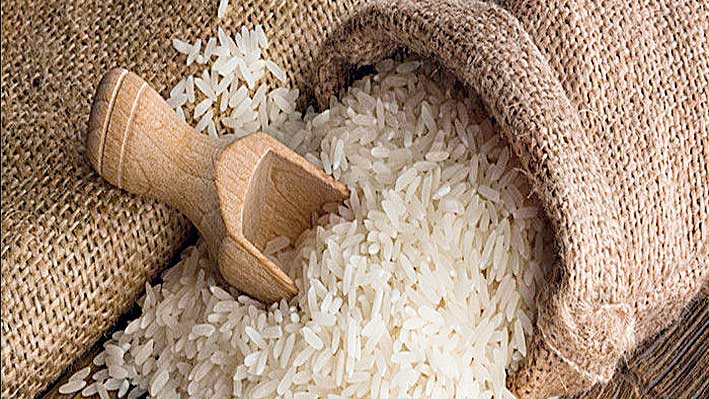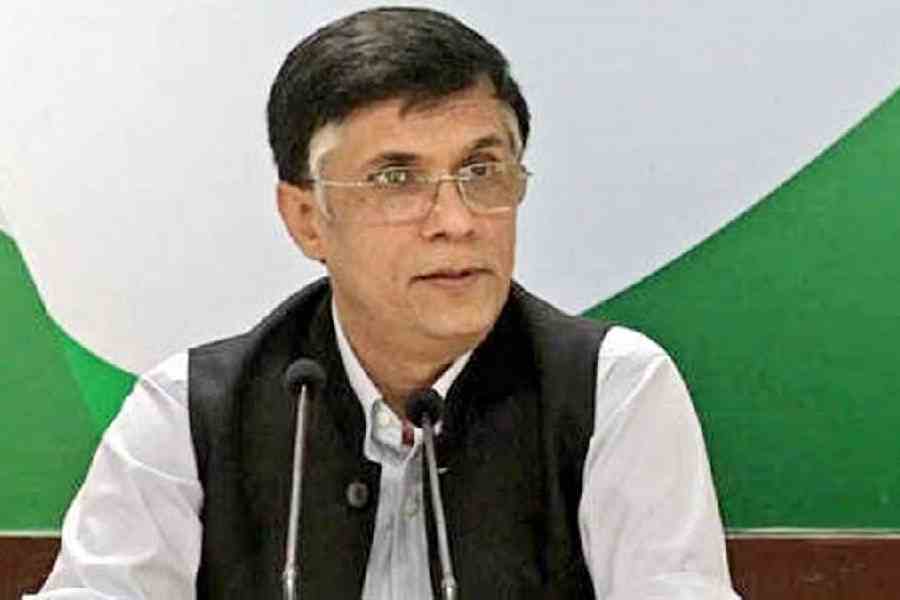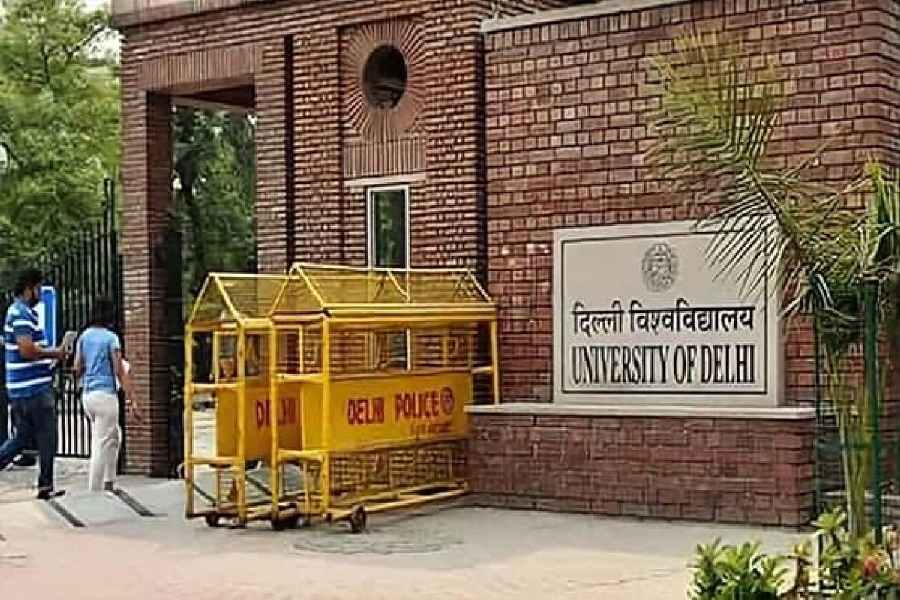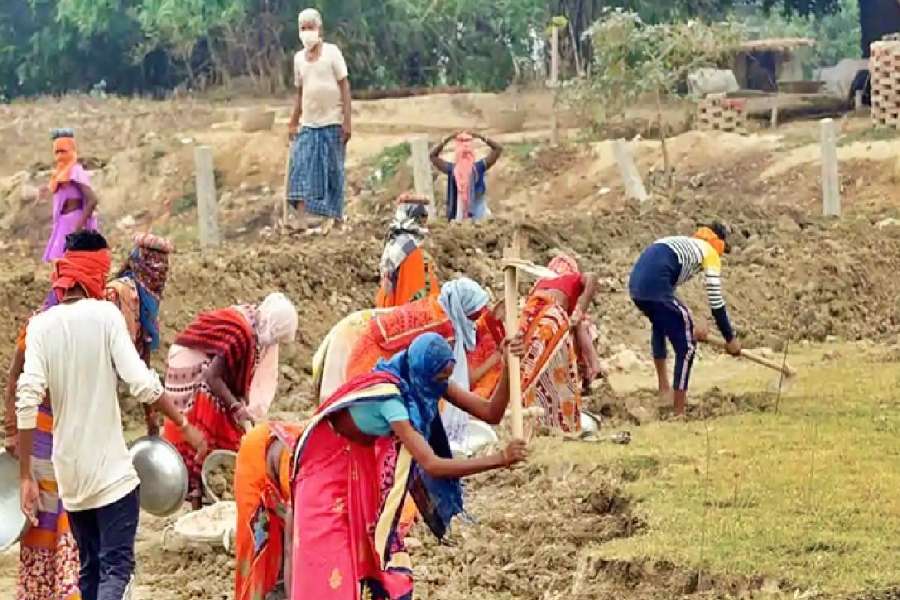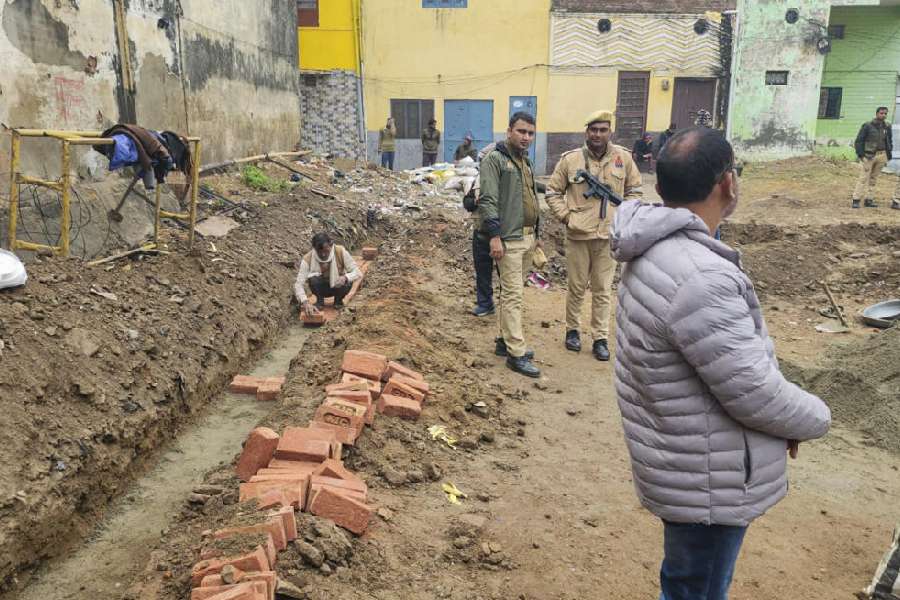The kharif rice production would fall short by about 12 million tonnes because of drought and less rainfall in paddy growing states stoking fears of rising food inflation even as it casts a question mark on the wisdom and viability of extending the free food program beyond September 30. The government has already restricted exports of wheat as its output has been impacted by a heat wave and lower procurement by government agencies.
Latest data from agriculture ministry showed that paddy sowing was down 20.52 lakh hectares to 393.79 lakh hectares. Food secretary Sudhanshu Pandey told reporters that the government has banned the export of broken rice to check rising retail prices and boost domestic supply.
“During April to August this year (FY-23), exports of broken rice have risen by a mind boggling 4178 per cent compared with the corresponding period of 2019, while between FY-18 and FY-19, too exports of broken rice from India has jumped by almost 319 per cent,” Pandey said.
He said wholesale prices have risen 8 per cent to Rs 3,291 per quintal as on September 7 from Rs 3,041 per quintal a year ago, while the retail prices have gone up 6.38 per cent to Rs 37.5 per kg from Rs 35.25 per kg. Sonal Varma of Nomura in a report said lower output will put an upward pressure on the price of domestic rice. The government has ample rice buffer stocks, but lower wheat procurement had led to higher allocation of rice under the free food grain scheme.
“Retail rice price inflation rose 9.3 per cent y-o-y as of July, and we see risks of a further rise. Together with higher wheat prices, this means higher cereal price inflation could offset the disinflationary forces from lower global commodity prices. We expect headline inflation to remain sticky above 6 per cent until February 2023,” Varma said.
The food secretary did not reply to a question on whether the government would extend the free food grains programme Prime Minister Garib Kalyan Anna Yojana. Data shows India has around 83.36 million tonnes (mt) of food grains in its stocks, the lowest in the last three years. The Centre in May replaced around 5.5mt of wheat with rice under the cheap food grain scheme.
Export ban impact The decision to curb rice exports is expected to lift world prices of the staple and trigger a rally in rival wheat and corn markets. Rice prices in key exporters India, Thailand, Vietnam and Myanmar are set to rise, traders and analysts said, hitting food importers.
India banned exports of broken rice and imposed a 20 per cent duty on exports of various grades of rice on Thursday as the world’s biggest exporter of the grain tries to augment supplies and calm local prices after below-average monsoon rainfall curtailed planting.
“There is going to be substantial stresses on food security across many countries,” said Phin Ziebell, agribusiness economist at National Australia Bank. “Global fundamentals could see further upside across the grains complex.” Chicago wheat prices rose on Friday as India’s move and talk about Russia’s restrictions on Ukrainian grain shipments hit the market.
(With input from Reuters)

